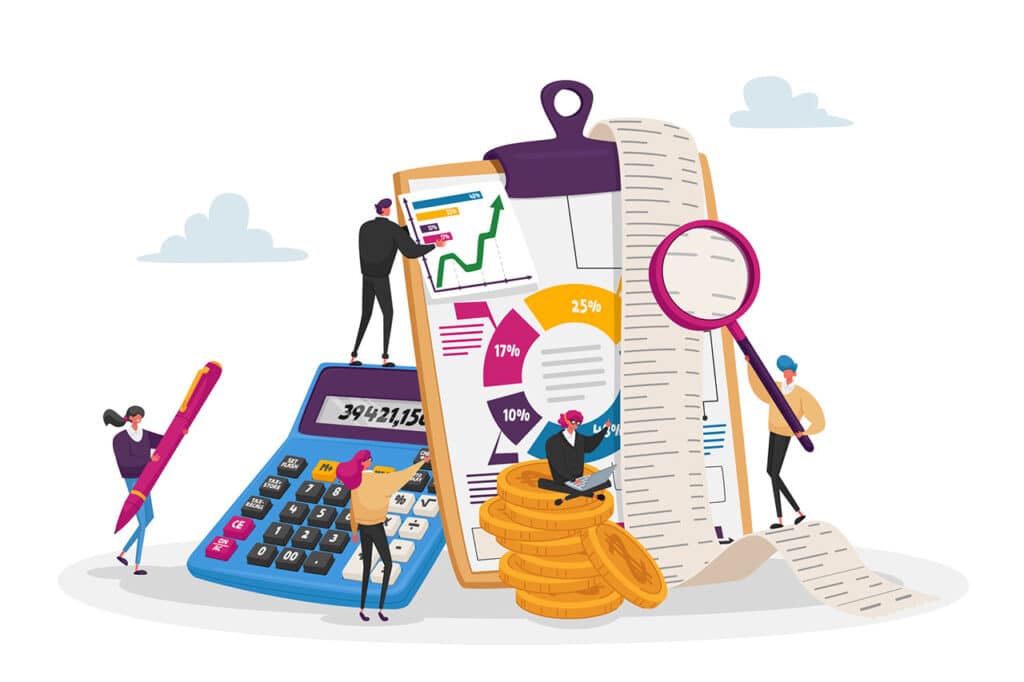Commercial mortgage calculator UK
Buying business property is a major financial consideration. Use our commercial mortgage calculator to find out what the financing will cost before you take the plunge.
Page written by Chris Godfrey. Last reviewed on May 14, 2025. Next review due April 6, 2026.

Chris Godfrey
Expert financial copywriter
Chris is a freelance copywriter and content creator. He has been active in the marketing, advertising, and publishing industries for more than twenty-five years. Writing for Barclays Bank, Metro Bank, Wells Fargo, ABN Amro, Quidco, Legal and General, Inshur Zego, AIG, Met Life, State Farm, Direct Line, insurers and pension funds, his words have appeared online and in print to inform, entertain and explain the complex world of consumer and business finance and insurance.
Read this article to me
































 yet? Register here!
yet? Register here!